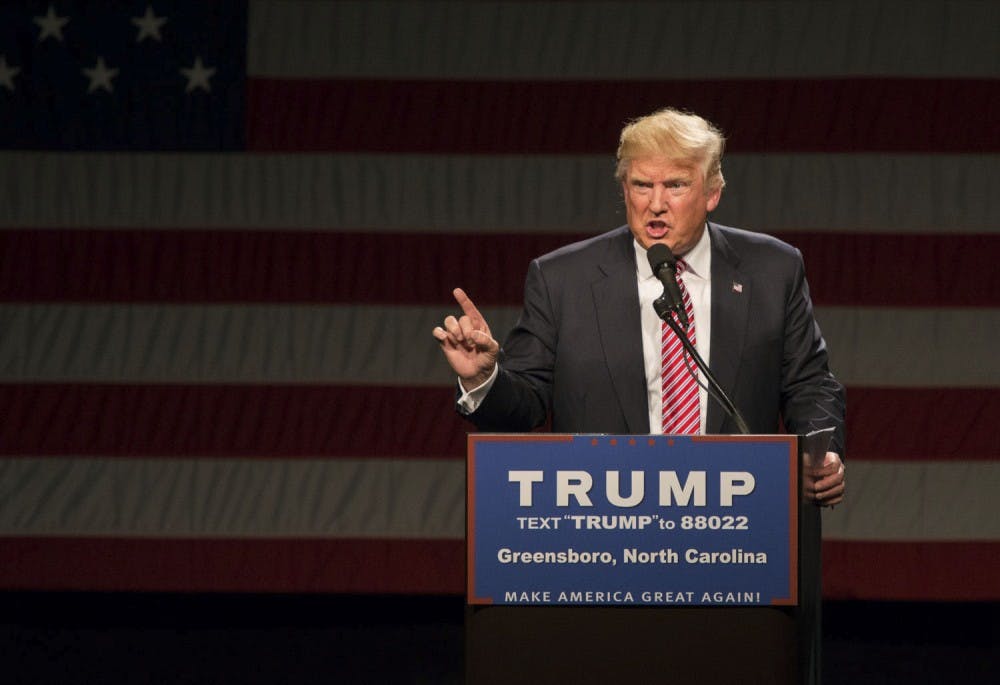But the new travel ban does not address all lawsuits filed in regards to the first order, said David McLennan, a political science professor at Meredith College.
“It’s better composed, but it’s still going to be problematic to the Trump administration, ” he said. “I think there will be a number of lawsuits filed because these are Muslim-majority nations, so there is still a religious test involved.”
Reuters reports that Hawaii intends to file a motion requesting for a temporary restraining order, which would block the new order.
Catherine Kim, a UNC law professor, said federal courts were particularly concerned with the religious aspect of the initial travel ban.
“The courts were well aware of Trump’s campaign promise to make a Muslim ban legal, and I don’t think the new travel ban can undo those historical facts,” she said.
Kim said the courts were concerned with more than discrimination against people from predominantly Muslim countries.
“There also wasn’t any kind of justification for concluding that people from those countries pose a greater terrorism risk,” she said.
Kim said she suspects the elimination of Iraq from the list was motivated not by legal grounds addressed in the lawsuits against the initial ban, but rather the result of a diplomatic decision between nations.
“I think that Iraqis were quite perturbed to be on this list when we continue to work so closely with them in our counterterrorism efforts,” Kim said.
McLennan said Iraq was not included in the second order because of heavy lobbying from the Iraqi government, arguing that a travel ban against Iraq would hinder the fight against the Islamic State group within the country.
“But ISIS is also in Syria and has spread its influence throughout the region, so it does make you wonder: If the goal is to help fight ISIS from within Iraq, then how could banning people from other countries improve that?” McLennan said.
To get the day's news and headlines in your inbox each morning, sign up for our email newsletters.
Sessions said the ban will protect national security.
“We cannot compromise our nation’s security by allowing visitors entry when their own governments are unable or unwilling to provide the information we need to vet them responsibly, or when those governments actively support terrorism,” he said.
Kim said it is not clear how the new order will be implemented.
“Everyone hopes it will be less chaotic than the rollout of the last order,” she said. “This at least has some lead time before it takes effect, but it isn’t entirely clear about what kind of procedures are going to be in place.”
state@dailytarheel.com



